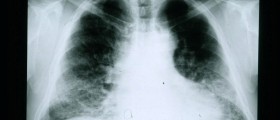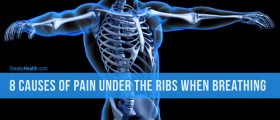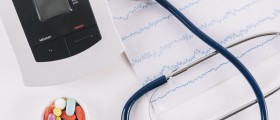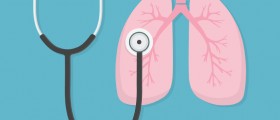
Introduction to severe chest pain
When a person is experiencing severe and extreme chest pain, it is obviously something that should not be taken lightly at all, because it might even be life-threatening.
This pain is usually result from the fact that something is wrong within the structures located in this part of the body, from the neck to the upper abdomen. That means that there could be a problem with many different things, for example, the heart, lungs, muscles, tendons, ribs, bones or esophagus even.
Most of the time, when a person is experiencing severe pain in the chest, they usually think that they are having a heart attack.
However, this is not always the case, and it should be noted that there are many other medical problems that could cause chest pain. In any case, if the pain is severe, then it requires immediate attention. Causes
If a person is experiencing extreme chest pain when breathing or perhaps coughing, then it might be a case of severe pneumonia, especially if it comes with symptoms such as fever, cough, chills, shortness of breath, nausea, diarrhea and a fast heartbeat.
Asthma is another breathing-related problem that could be causing severe chest pain. If a person has asthma, then they will probably also be experiencing shortness of breath, tightness in the chest and pressure, severe coughing at night and wheezing sounds when breathing.
There are other lung problems that can cause severe chest pain such as a pulmonary embolism, for example.
Other lung problems that can cause severe chest pain include blot clotting in the lungs, pneumothorax and a collapsing lung.
Also, severe chest pain can result from heart problems, and most of the time, people think that they are having a heart attack when they are having extreme pain in the chest area.
Angina pain occurs when the blood and oxygen flow into the heart is not sufficient. Angina usually feels like pressure on the chest that spreads over to the left shoulder, arm, back and jaw as well.
Another possible cause of the pain is aortic dissection, which is a tear in the inner aorta layer of the heart. This leads to sudden chest pain and can also be accompanied by weakness, shortness of breath, fainting, sweating and even a stroke at times.
Swelling or injuries to the muscles or tendons that are located in between the ribs can also lead to severe chest pain.
Simple things that people take for granted can also cause pain in the chest. For example, extreme stress or anxiety can also lead to severe chest pain in certain circumstances.
Acid reflux is another condition that can lead to pain in the chest, which many people know as heartburn.

















Your thoughts on this
Loading...